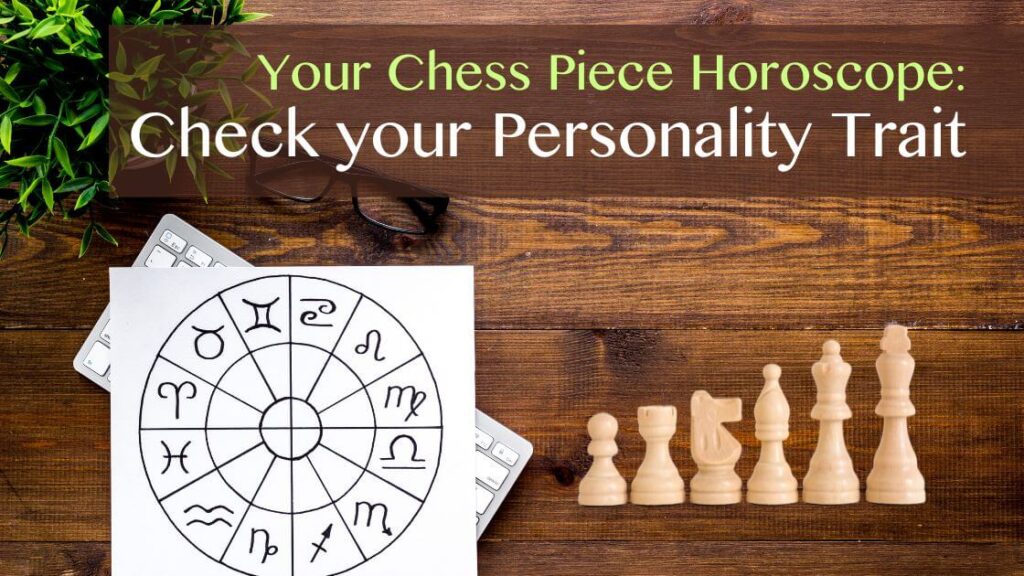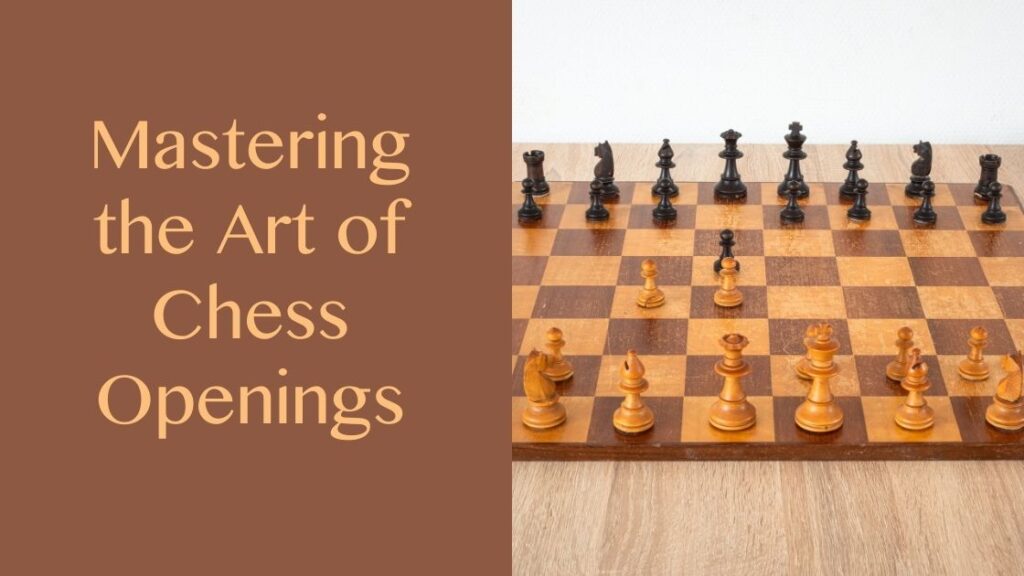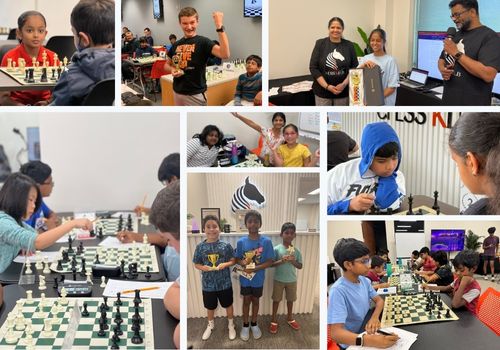Chess is a great activity for children on the autism spectrum to pick up critical life lessons. For years people on the Autism Spectrum have been missing out on activities the rest of us take for granted. No more. Over the past decade, chess has emerged as an indoor game accessible to all, whether it meant connecting people across a pandemic or providing a hobby for the visually impaired to indulge in. Chess won the round each time. When the reach of chess has been so widespread, and its impact so compelling, then why leave the special students behind? As the world celebrates Autistic Pride Day in June, we are both humbled and excited to welcome our readers with Autism Spectrum Disorders, their families, and well-wishers to Chess KLUB’s summer program for chess enthusiasts to learn, play, and excel in a safe space.
What is Autism Spectrum Disorder and how does it affect children?
Autism spectrum disorder is a condition related to brain development that impacts how a person perceives and socialises with others, causing problems in social interaction and communication. The disorder also includes limited and repetitive patterns of behaviour. The term "spectrum" in autism spectrum disorder refers to the wide range of symptoms and severity. Autism spectrum disorder begins in early childhood and eventually causes problems functioning in society — socially, in school, and at work, for example. The varying degrees of autism involve high-functioning individuals on the spectrum who can lead a relatively normal life and individuals on the low-functioning end of the spectrum who find activities of their daily living relatively hard to manage.
How can chess help children with Autism Spectrum Disorder?
The game of chess lends itself beautifully as an inclusive sport that exercises the mind. Therefore, children on the Autism spectrum can benefit greatly from playing chess. Let’s look at 10 ways chess helps children on the Autism spectrum and the critical life lessons they learn from playing chess.
1. Less interaction, more concentration
Chess allows interaction with people while not having to talk too much or discuss too much with team members as is the case with other sports. It involves one player against another through the 64 squares and 16 pieces on the board. Further, the game does not require you to be physically built in a specific way, and any child with a keen mind can pick up the game. The game sharpens a child’s thinking skills and concentration making it a boon for children on the spectrum.
2. Winning pieces
The concept of winning and losing may be difficult to fathom for some children. However, winning pieces while playing a game is a straightforward way for students to correlate their gains while playing. A child on the spectrum may get happy or excited, after winning many pieces.
3. Patience
Chess can help build a person’s patience since the game involves sitting for long hours and focusing on the board the entire time. Chess would serve as a great activity for children on the spectrum to practice sitting for long periods, which can also be incorporated into other activities in their lives.
4. Actions have consequences
Chess makes you understand that there will be consequences to every move you make on the chess board. With every move one player makes, the other responds with a defense or a counterattack. This forces forward move thinking in every position to ensure that a child prepares for what the opponent is going to bring next to the table.
5. Social Skills
Chess forces interaction with other children through the game. It doesn’t involve too much touching or noise that, typically, children on the spectrum would not be comfortable with. This provides a safe space for interaction and an opportunity to make friends.
6. Perspective
Children with autism have a few barriers while communicating. Since chess involves anticipating what the opposite player is going to do next, it can add perspective to a child’s personality as well. Understanding another person’s perspective is important while communicating, and chess would help a child on the spectrum build on that perspective.
7. Coping with loss
Healthy competition is necessary for any sport since every sport teaches you to deal with winning and losing. Understanding how to deal with loss can be difficult for children on the spectrum. Chess helps inculcate the capability of a child to cope with loss.
8. Relieves Anxiety
Chess requires 100% focus and attention, forcing a child to direct all their energy towards making moves on the chess board. Driving all their engagement to a game can help with anxiety and avoid overthinking other topics or conversations. This is very beneficial for children on the spectrum.
9. Find their inner Genius
Children on the spectrum tend to have specific skills that they master and get very good at and tend to focus on that one skill. Further, they also tend to be exceptionally sharp and good at what they put their minds to. Chess can be the hobby that helps these children bring out their inner genius or help parents find their child’s hidden talent.
10. Learning a new skill
Finally, everyone needs a hobby to pick up or a sport to play. What better way to introduce chess into a child’s life than the Chess KLUB summer program, where we welcome all our unique students to come and indulge in the brilliant space chess offers.
With chess the possibilities are endless
Chess has reached the hearts and minds of millions across the globe, and it does not hold any barriers for special or unique children. It is inclusive in nature, and beneficial for all. At CHESSKLUB we pride ourselves on nurturing young minds and honing their chess game. So, if you are looking for a fun summer activity for your kids, enroll them with us and watch them flourish.











